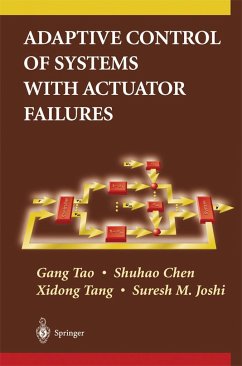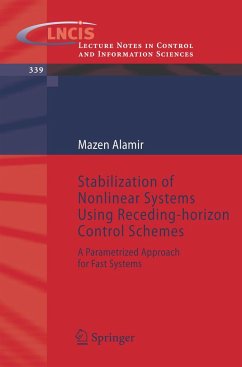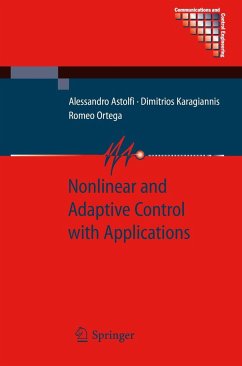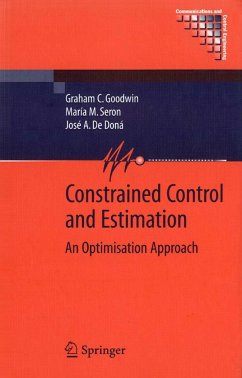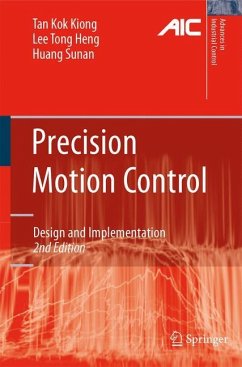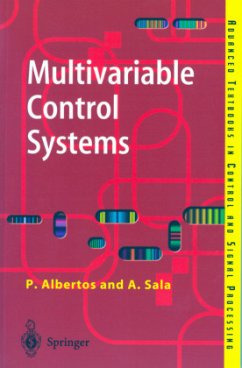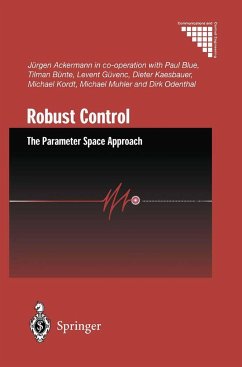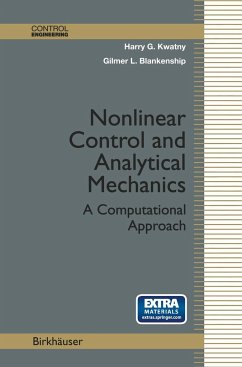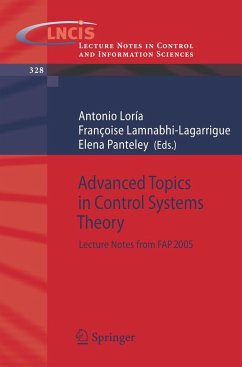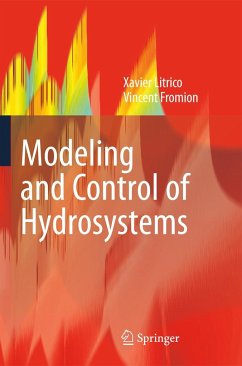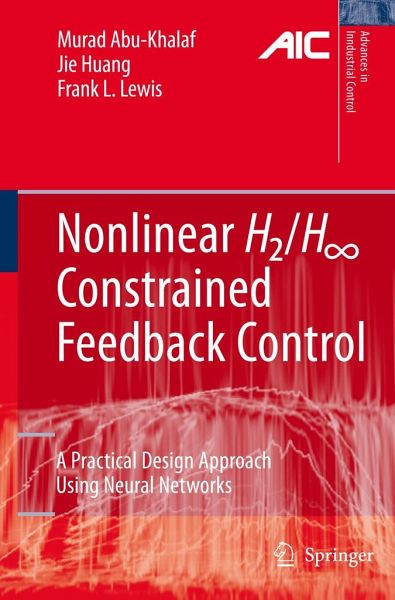
Nonlinear H2/H-Infinity Constrained Feedback Control
A Practical Design Approach Using Neural Networks
Versandkostenfrei!
Versandfertig in über 4 Wochen
186,99 €
inkl. MwSt.
Weitere Ausgaben:

PAYBACK Punkte
93 °P sammeln!
This book provides techniques to produce robust, stable and useable solutions to problems of H-infinity and H2 control in high-performance, non-linear systems for the first time. The book is of importance to control designers working in a variety of industrial systems. Case studies are given and the design of nonlinear control systems of the same caliber as those obtained in recent years using linear optimal and bounded-norm designs is explained.
The series Advances in Industrial Control aims to report and encourage technology transfer in control engineering. The rapid development of control technology has an impact on all areas of the control discipline. New theory, new controllers, actuators, sensors, new industrial processes, computer methods, new applications, new philosophies , new challenges. Much of this development work resides in industrial reports, feasibility study papers and the reports of advanced collaborative projects. The series offers an opportunity for researchers to present an extended exposition of such new work in all aspects of industrial control for wider and rapid dissemination. Almost all physical systems are nonlinear and the success of linear control techniques depends on the extent of the nonlinear system behaviour and the careful attention given to switching linear controllers through the range of nonlinear system operations. In many industrial and process-control applications, good engineering practice, linear control systems and classical PID control can give satisfactory performance because the process nonlinearity is mild and the control system performance specification is not particularly demanding; however, there are other industrial system applications where the requirement for high-performance control can only be achieved if nonlinear control design techniques are used. Thus, in some industrial and technological domains there is a strong justification for more applications of nonlinear methods. One prevailing difficulty with nonlinear control methods is that they are not so easily understood nor are they easy to reduce to formulaic algorithms for routine application.





